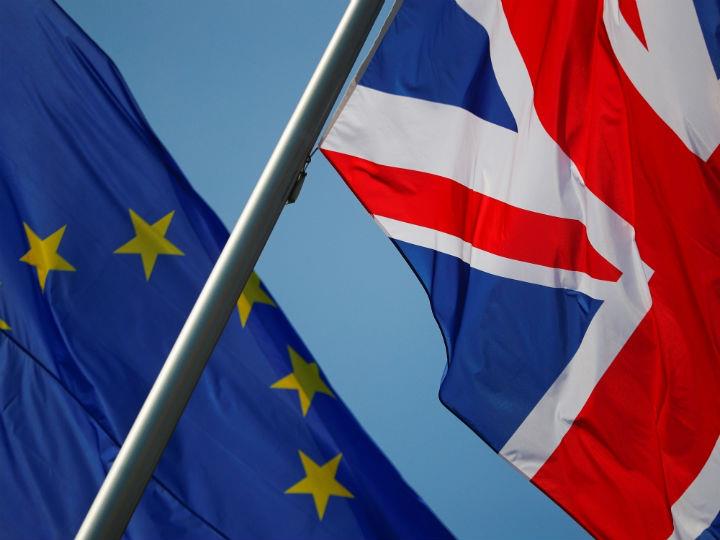by N. Peter Kramer
The UK and the EU must reach an agreement on their future relationship by the end of October, otherwise a hard Brexit will be a fact on January 1. But negotiations have not progressed at all. The most important reason for this is the firm position of EU “negotiator” Michel Barnier. So far he has only put EU demands on the table without showing any willingness to compromise. In Brussels, Eurocrats, whether by arrogance or unwarranted conviction, have never understood that the majority of the Brits want to be an independent country and do not want to be a vassal of ‘Brussels’ bureaucracy.
However, it seems that on the EU side there is a growing realisation that Barnier cannot maintain this ‘maximalist’ position. It is clear that some individual member states, and by no means the least important ones, will have to pay heavily for the consequences of a hard Brexit. But maybe these fresh insights are coming too late. On the other side, Boris Johnson is digging in his heels and seems to no longer want a deal at all. A no-deal would be better for the UK than complying with Barnier’s set in stone demands.
‘The risk of a no-deal is increasing, and that’s not a bad thing’, wrote the Financial Times’ Europe commentator, Wolfgang Munchau last week. Although he is not in favour of Brexit, Munchau thinks that the UK should now seize the opportunities of a hard-Brexit. Why shouldn’t Johnson favour the British economy with state aid which is not allowed by the EU when Britain is no longer a member? He has to start stimulating certain economic sectors, such as technology. The British are strong in military technology, pharmaceutical research and artificial intelligence. Why should they follow strict EU rules on data protection? Why should the UK let EU fisherman fish in British territorial waters?
Munchau expresses a feeling that is increasingly alive in the UK. EU demands, for instance on state aid and fishing rights, are exaggerate.






